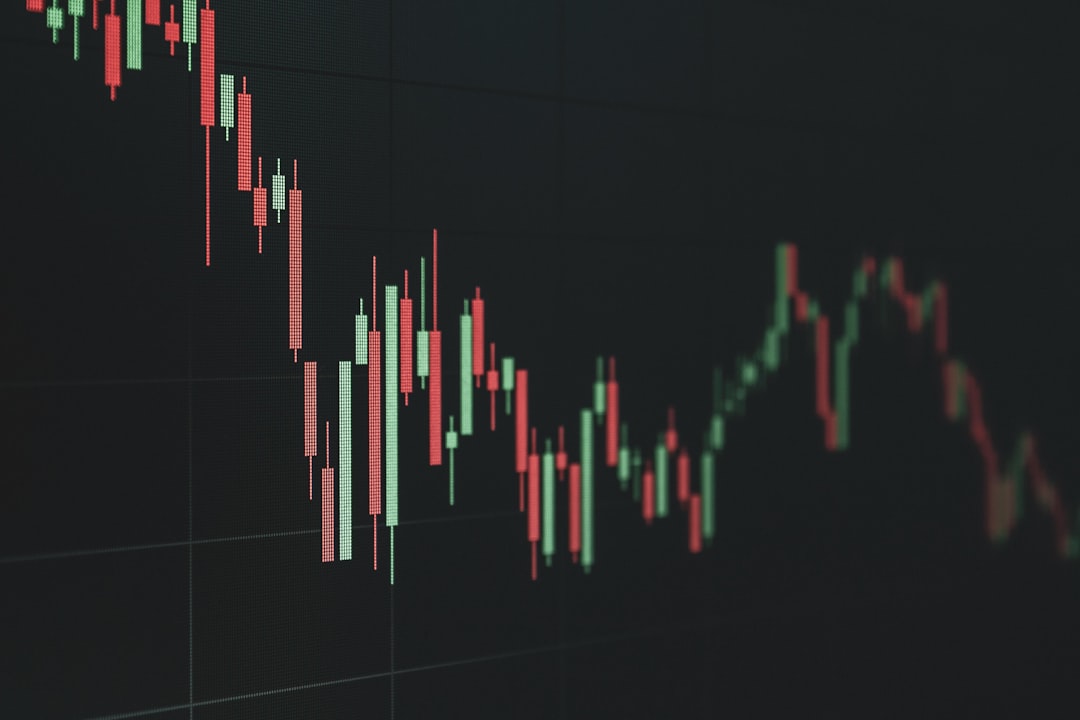Nvidia's $4.2 Trillion Question: Will August 27th Unleash a New Rally or Pop the AI Bubble?

The artificial intelligence boom has minted a new king on Wall Street, and its name is Nvidia. Fueled by the insatiable demand for its chips that power everything from generative AI to complex data centers, the company's rise has been nothing short of meteoric. We're talking about a stock that has skyrocketed over 900% in just three years, leaving the broader S&P 500's respectable 60% gain in the dust.
Now, with a staggering market capitalization exceeding $4.2 trillion, Nvidia stands as the most valuable public company on the planet. All eyes are now laser-focused on one critical date: August 27th, when the tech giant will unveil its fiscal second-quarter earnings. The question on every investor's mind is simple, yet terrifying: is this the moment to jump in, or is it the moment to run for cover?
History's Surprising Warning
Conventional wisdom suggests that a strong earnings report—beating analysts' expectations—should send a stock soaring. However, when it comes to a titan like Nvidia, history offers a crucial, and perhaps unsettling, lesson. A deep dive into the company's past performance reveals a startling truth: there is no clear correlation between an earnings beat or miss and the stock's immediate reaction.
Time and again, Nvidia has defied simple logic. The company might crush earnings estimates only to see its stock dip, or miss expectations and barely see a flutter. This paradox suggests that something much bigger is at play than just the numbers on a quarterly report. The real driver of the impending volatility isn't the earnings data itself, but the immense pressure that comes with its celebrity status.
The Peril of Perfection
The stock's monumental valuation acts like a magnifying glass for investor sentiment. When a company is priced for perfection, as Nvidia currently is, anything less than a flawless, mind-blowing report can be perceived as a disappointment. This puts the company in a precarious position for its upcoming announcement.
Consider the potential outcomes:
- A massive beat? Wall Street might decide it was already "priced in," leading to a "sell the news" event as early investors cash out their enormous profits.
- A slight miss or guidance that isn't stratospheric? Such a result could trigger a sharp correction as investors fear the hyper-growth phase is finally slowing down.
Essentially, Nvidia isn't just competing against its past performance; it's competing against impossibly high expectations. As the August 27th report looms, investors are facing a high-stakes gamble. The AI revolution is undoubtedly real, and Nvidia is its primary engine. But the law of financial gravity cannot be ignored forever. The upcoming announcement isn't just about revenue and profit; it's a referendum on whether a $4.2 trillion valuation is sustainable. For those looking to trade around the event, the only guarantee seems to be a wild ride.


